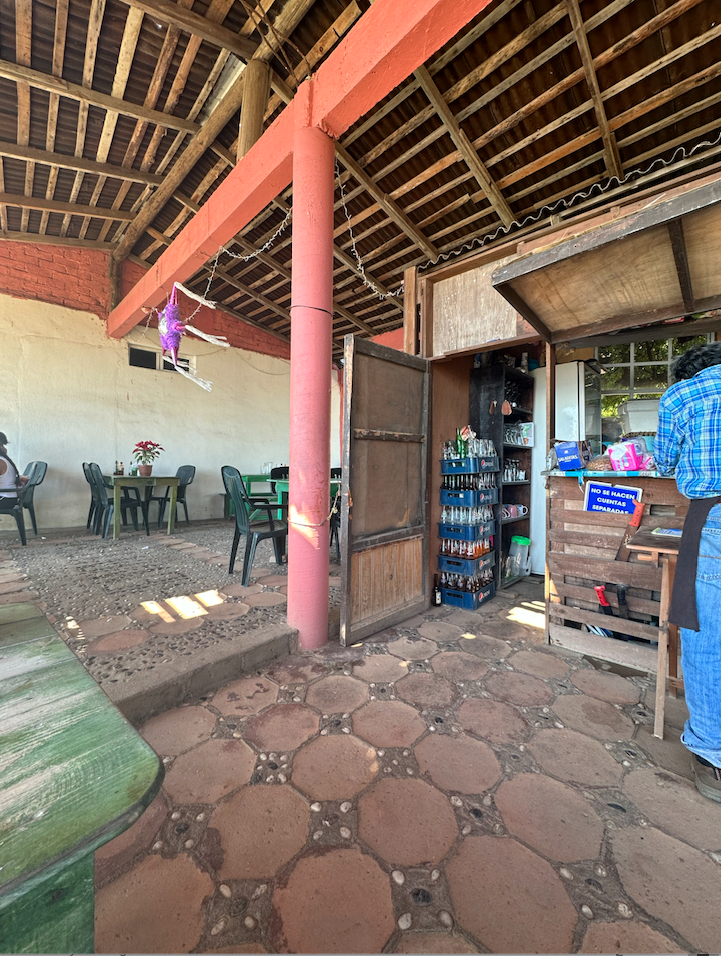
Australia Chapter 2: Where did Saturday Go?
We made it to Brisbane, Australia! After leaving Wilmington in the early morning hours, a stop in Columbia, SC to work remotely, and a layover in LA, we landed on the other side of the world, so far from home that both locations can’t fit on my iPhone map at once. From being greeted with waving flags at the airport to our first flat white at Mount Coot-tha overlooking Brisbane, catching a local phone number, and choosing a “second wind” over jet lag recovery at Street Beach, this is how our Australian adventure began. Spoiler: it involved several pints, pokies, Chinese takeaway, and zero regrets.








